See the main issue below. Click here to to view the Leadership section.
Future-proofing your engineering career
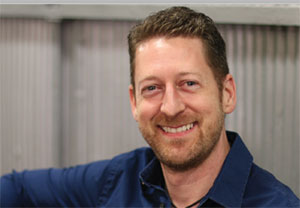 For this year’s Leadership in Engineering profile, I spoke with Jabil CEO Mark Mondello (see the feature story in this issue) about his company’s culture and vision. With something like 43,000,000 sq-ft of manufacturing footprint spread across the world, Mondello, who’s an ME himself, employs a heck of a lot of engineers. So, knowing how in touch he is with the changing world of manufacturing, I was interested to hear how he’d suggest current engineers and engineering students properly future-proof their careers.
For this year’s Leadership in Engineering profile, I spoke with Jabil CEO Mark Mondello (see the feature story in this issue) about his company’s culture and vision. With something like 43,000,000 sq-ft of manufacturing footprint spread across the world, Mondello, who’s an ME himself, employs a heck of a lot of engineers. So, knowing how in touch he is with the changing world of manufacturing, I was interested to hear how he’d suggest current engineers and engineering students properly future-proof their careers.
Mondello told me that in addition to gaining knowledge around technology, design or various engineering platforms, engineers also need to take time to complement some of their innate strengths with understanding a little bit about how business works—and to develop good written or verbal communication skills.
“I see engineers with just fabulous ideas, and yet sometimes they just can’t quite articulate what they’re trying to say in a real efficient way,” he said.
He also thinks that it’s important for them to realize that there are no more geographic limits in the world when it comes to business or life.
“I think geographic bounds are there for politics and religion and all the things that geographic boundaries provide. But in terms of design, in terms of technology, in terms of business, in terms of life, we’re noticing more and more that the geographic boundaries are disappearing,” he said. “I think to be successful, to be fulfilled, the engineering community needs to be open to traveling, to getting out and about and seeing what’s out there, to being comfortable around lots of different cultures and lots of different people, and
be open-minded about those cultures and those people.”
Mondello also noted that he sees a lot of engineers who have very strong opinions, and a lot of those opinions are certainly well grounded in scientific fact. Yet, constantly holding on to those strong opinions can have a negative impact on how open individuals can be to change.
“Change is exponential, so you’ve got to be open-minded to it,” he said. “You’ve got to be open-minded to new ideas because there’s a high probability that whatever products you’re working on today, tomorrow they’re going to be obsolete. And this will happen at a rate much faster than it was historically. Be open-minded to the rate at which everything is changing around you—that would be a good start.”
Paul J. Heney
Vice President, Editorial Director
Filed Under: DIGITAL ISSUES • DESIGN WORLD

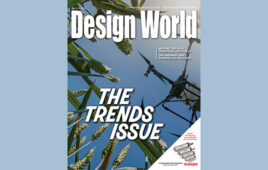
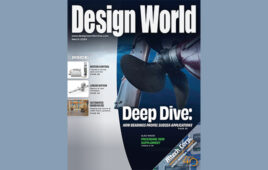
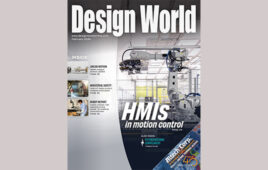
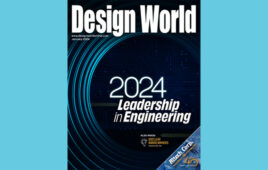
Tell Us What You Think!